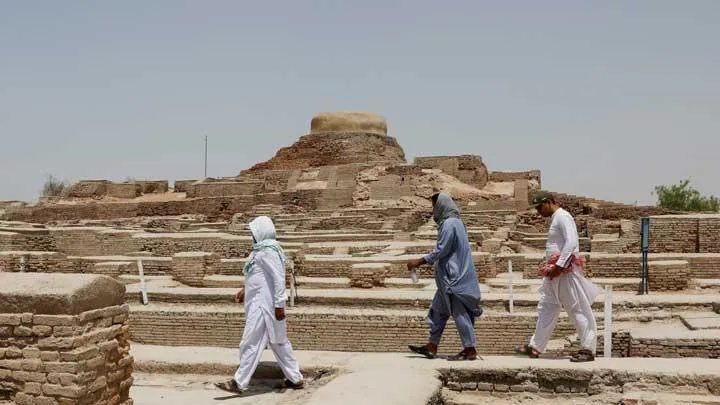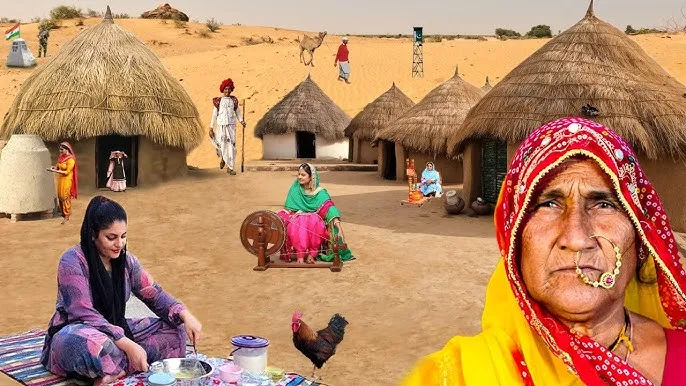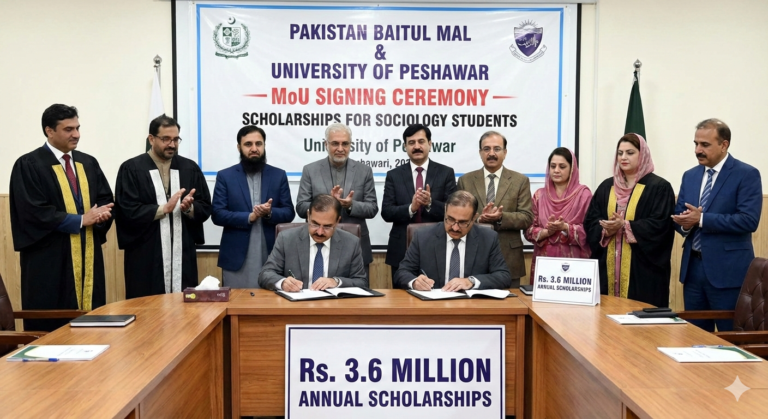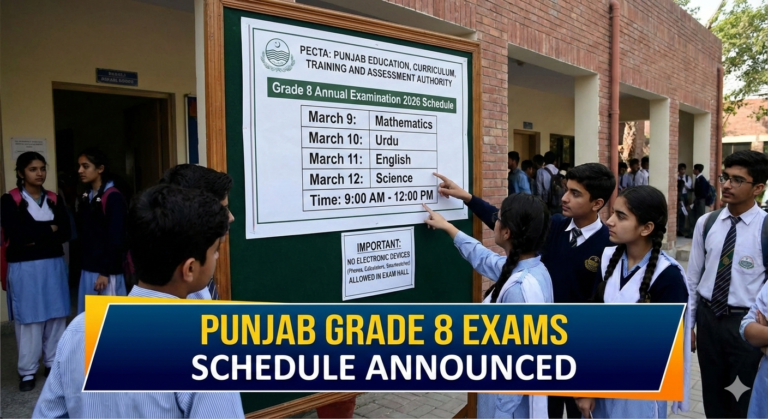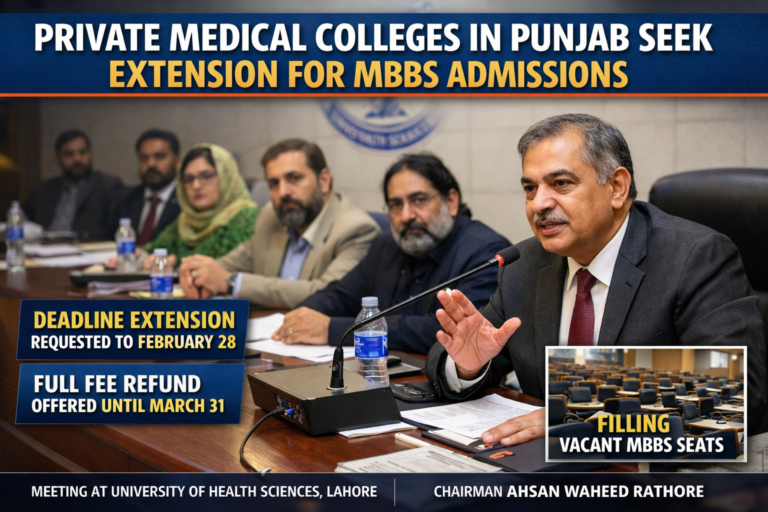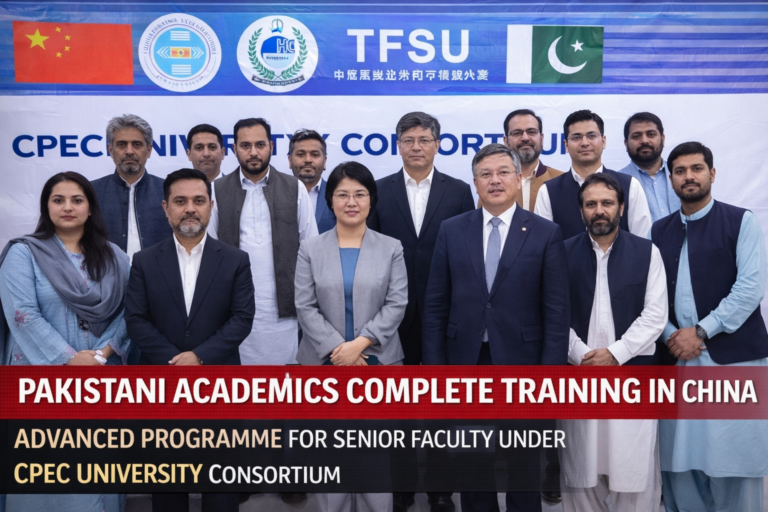President Asif Ali Zardari has finally addressed the issue of madrassa registration by signing the Societies Registration Act 2024 into law. The law ensures that religious schools or madrassas would be registered under the Societies Registration Act, bringing out clarity and structure in the process.
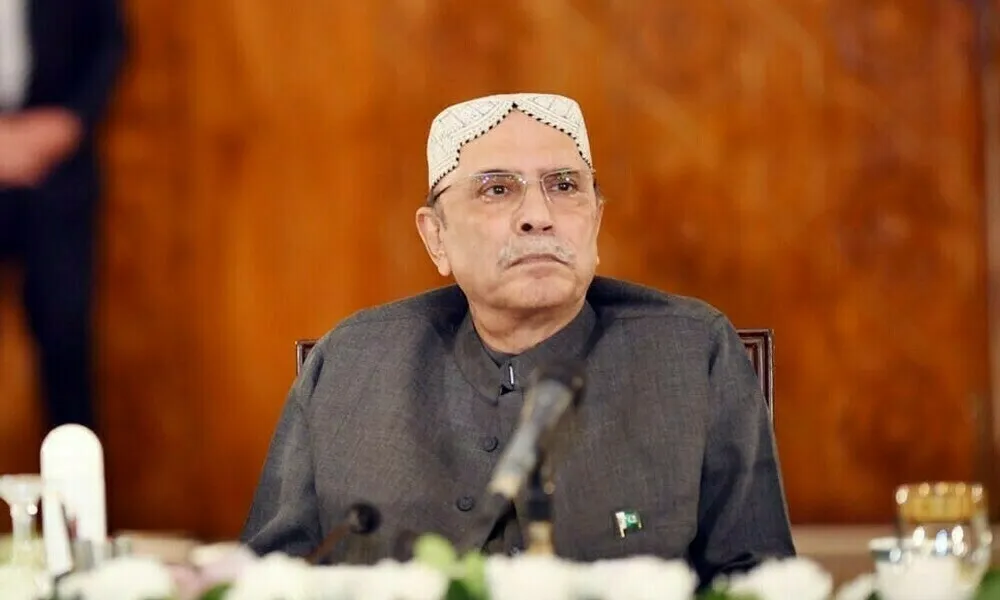
President Zardari Signs Societies Registration Act
It has been sanctioned by President Zardari and passed as an act officially; it is believed that National Assembly would issue a notification in the Gazette related to Societies Registration Act soon. The registration act of Societies has stated that all those madrassas, through which different NGOs and community institutions work in Pakistan, will be covered up under that umbrella so that their respective registration process might not find any sort of hindrance.
Government Assurance of Elimination of All Issues
This is the outcome of a meeting between President Zardari and the Jamiat Ulama-e-Islam (JUI-F) delegation led by Maulana Rashid Mehmood Somro. The delegation discussed issues pertaining to the registration of religious schools, which Maulana Fazlur Rehman was of great concern about. All the issues would be solved within a short period because the government wanted to please religious communities.
General subjects were discussed by the conference hosted at New Dero House in Larkana while focusing on the current scenario of Sindh’s safety and security and other generalized political issues. The activists of JUI-F had requested the government to further take strict measures against rising issues of public safety as well as property.
Acts of Bilawal Bhutto towards the reduction of issues
Pakistan People’s Party PPP chairman Bilawal Bhutto Zardari was also quite vocal in his participation towards the solving of the issue where madrassa registrations made its appearance before the public and has even written the Sindh government as well as the police on the immediate strengthening of the regime of law and order in his region, the province. The delegation thanked the PPP for taking the commitments to the religious communities in practical form.
The delegation congratulated the PPP leadership on the conviction of Dr. Khalid Mahmood Somro’s killers and appreciated the effective investigation in the case by the Sindh Police.

Amendments to the Societies Registration Act
The federal cabinet has already eased the changes related to the Societies Registration Act of 1860. In the current amendment the Ministry of Law and Justice has proposed, madrassas have the flexibility to submit their respective applications either under the Societies Registration Act or by the Ministry of Education. As thus it’s amending an old controversy between the PML-N government and the JUI-F which opposed the previous version of the bill passed by the Parliament but was returned back to the Parliament for a revision by President Zardari.
Benefits from new Madrassa Registration law
This is much more transparent and structured process for the madrassas. Here also, there is a very clear provision in the Societies Registration Act about the process of registration. That makes all this process all the more transparent and structured.
This is joint legislation by the government along with the religious leaders. It reflects the fact that both parties have their concerns addressed.
More supervision: Since this law is going to bring better accountability and supervision of these religious schools, they should live up to the standards in the aspects of education as well as operations.
Step toward Integration and Progress
This approval of the Societies Registration Act 2024 is one major landmark in improvement in the government’s relationship with religious institutions. Putting madrassas on the legal framework has to do with the concern made by madrassas which brought the government closer toward unity and progress.
But still, this new piece of legislation, after its adoption, would be brought to the religious schools with several, positive transformations and much more trust-related relationship between the state and religious communities. Among all, in this whole process, the most important thing remains how national issues get risen with collaboration and an open talk.
After coming into the statute book, with this new legislation, certainly, there is bright hope that in a regulated and facilitating frame of education and community developments, madrassas can very well play their proper role.

